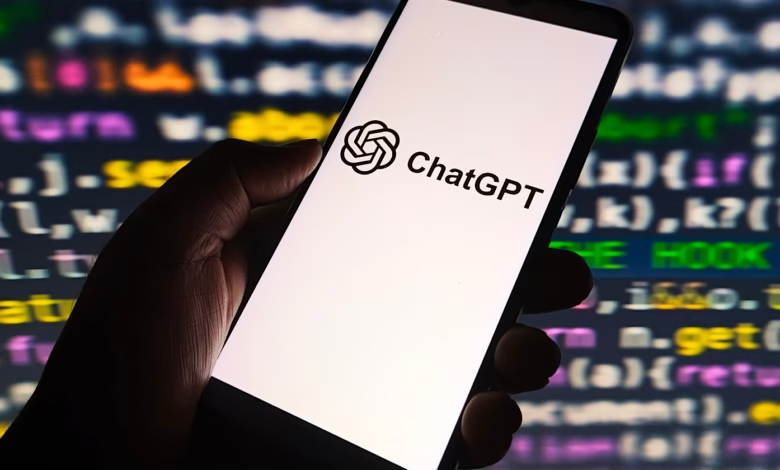ChatGPT Recommendations May Include Hacked Sites

▼ Summary
– SEO expert James Brockbank found that ChatGPT may recommend businesses based on content from hacked websites and expired domains.
– Hackers manipulate legitimate websites (e.g., a domestic violence attorney’s site) to host unrelated content like gambling recommendations.
– Expired domains with strong backlink profiles are repurposed to promote unrelated content, misleading ChatGPT’s recommendations.
– ChatGPT favors authoritative domains and recent content but fails to assess relevance or legitimacy, allowing manipulated sources to surface.
– The findings highlight the need for better detection of deceptive content and caution when relying on AI-generated recommendations.
ChatGPT’s business recommendations may include unreliable sources, with some responses drawing from hacked websites and repurposed domains, according to recent findings. SEO expert James Brockbank discovered that the AI tool sometimes surfaces manipulated content when suggesting companies or services, raising concerns about the integrity of its sourcing methods.
Brockbank, Managing Director at Digitaloft, uncovered these issues through personal testing rather than a formal study. His research suggests that some entities exploit high-authority domains, either compromised or expired, to push unrelated or deceptive content. Despite lacking relevance, this material still appears in ChatGPT’s responses due to the domain’s perceived credibility.
How Hackers and Expired Domains Influence AI Recommendations
- Compromised Websites
- Repurposed Expired Domains
Why ChatGPT Cites These Sources
While legitimate media placements and well-researched listicles can boost visibility in AI responses, Brockbank warns that exploiting hacked or expired domains crosses ethical boundaries. “Rebuilding a domain just to trick a language model into citing it? That’s manipulation,” he stated.
Implications for Businesses and Users
At the same time, developers need better safeguards to detect and filter manipulated content. Until then, users should verify AI-suggested sources rather than accepting them at face value. As Brockbank put it, “We’re not yet at the point where we can blindly trust ChatGPT’s recommendations without checking their origins.”
For deeper insights, Brockbank’s full report is available through Digitaloft.
(Source: Search Engine Journal)





